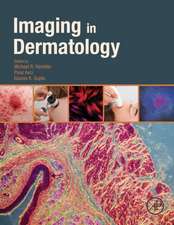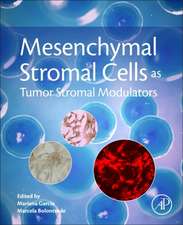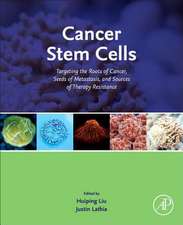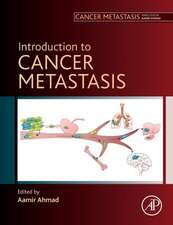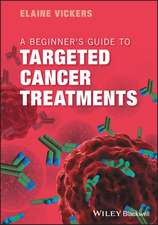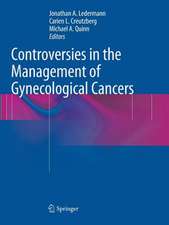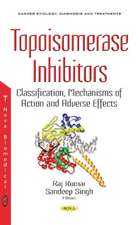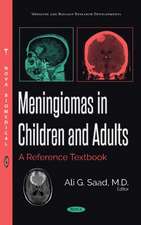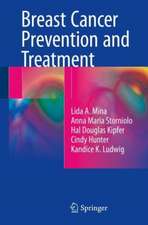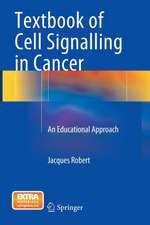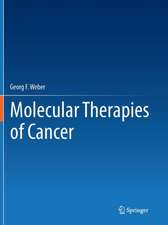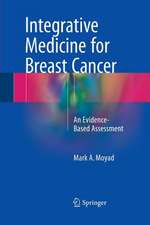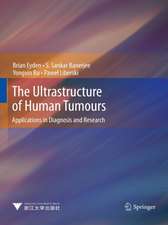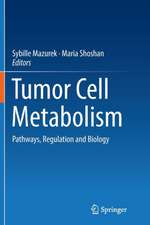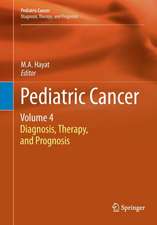Cancer Chemotherapy: Basic Science to the Clinic
Editat de Gary S. Goldberg, Rachel Airleyen Limba Engleză Paperback – apr 2020
Provides a clear and accessible summary of all stages and aspects of the discovery, design, development, validation and clinical use of anticancer drugs This new edition provides an update on the current state of the art of cancer chemotherapy and clinical practice and presents new pipeline anticancer agents and promising therapeutic strategies that are emerging alongside new breakthroughs in cancer biology. Its unique approach enables students to gain an understanding of the pathological, physiological, and molecular processes governing malignancy, while also introducing the role of health professionals and scientists in the research and treatment of cancer. Invaluable for its clarity and accessibility, Cancer Chemotherapy: Basic Science to the Clinic, 2nd Edition offers complete coverage of the scientific and clinical aspects of the creation, development, and administration of drugs or drug regimens used in the treatment of the disease.
Chapters look at: cancer epidemiology and histopathology; carcinogenesis; current research; tumor hypoxia; antiangiogenic and antivascular agents; protein kinase and Ras blockers; new targets associated with development such as Hedgehog and Wnt signaling; stem cells; immunotherapy and oncolytic viruses; and more. Presents a clear, accessible, and comprehensive approach to cancer chemotherapy from basic science to clinical practiceOffers a major update that reflects the latest developments in personalized chemotherapyProvides in-depth coverage of advances in biomarker diagnosticsIncludes new chapters/sections on bioinformatics and the 'omic sciences'; pharmaceutical strategies used to achieve tumor-selective drug delivery; and cancer cell autophagyCombines descriptions of both clinical protocol and explanations of the drug design process in one self-contained bookFeatures numerous diagrams and illustrations to enhance reader understanding Aimed at upper undergraduate, graduate, and medical students, Cancer Chemotherapy: Basic Science to the Clinic, 2nd Edition is also an excellent reference for health professional, especially clinicians specializing in Clinical Oncology, and their patients who want to gain an understanding of cancer and available treatment options.
Preț: 527.94 lei
Preț vechi: 555.72 lei
-5% Nou
101.03€ • 109.71$ • 84.87£
Carte tipărită la comandă
Livrare economică 22 aprilie-06 mai
Specificații
ISBN-10: 1118963857
Pagini: 320
Dimensiuni: 171 x 244 x 15 mm
Greutate: 0.64 kg
Ediția:2nd Edition
Editura: Wiley
Locul publicării:Chichester, United Kingdom


